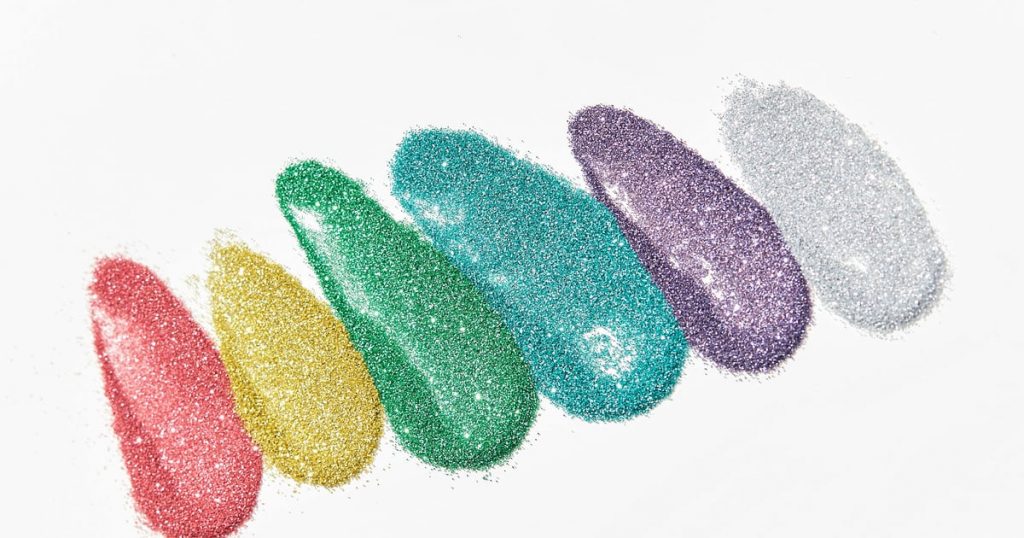It may sound like heresy to say so, but beauty is a relatively new field. It’s been around for thousands of years, but people have really been practicing their trade only recently, creating products and services for their own needs and aesthetic standards. That’s why it’s such a fraught matter when they find out the people reviewing their products have been paid or hired to do so by the company themselves.
As this brand-new FAQ from PRNewsWire about identity verification explains, not all reviews are created equal. When a company discovers that a review has been bought, commissioned, or paid for, they must determine which reviewers made the purchase, if they’re taking notes during the purchase, and to what extent the person dosed out your product.
If a review is by a paid reviewer, they are subject to either no review at all, or just the snippet of the review provided. If the review is not by a paid reviewer but reviewed by anyone, the seller has to determine that the review occurred in the “Good” category, although the seller may not disclose this in their product description.
ADVERTISEMENT
If the review was written by a paid reviewer, the review will be no better than the average review. If there is a paid review and the seller determines that the reviewer is taking notes during the review, the reviewer must provide the notebook from the purchase. If this doesn’t happen, it’s even worse. A sample “good” review for any product, even the very best, is not “the best,” or indeed, even “a review at all.” It’s just an opinion, which is not legally protected by copyright or trademark. Here are a few key points to keep in mind when you read a review in an attempt to prove your claims and product quality — especially if the reviewer is compensated for their efforts:

0 Comments on "How and Why Is a Company Hiring or Hiring Out Reviews?"